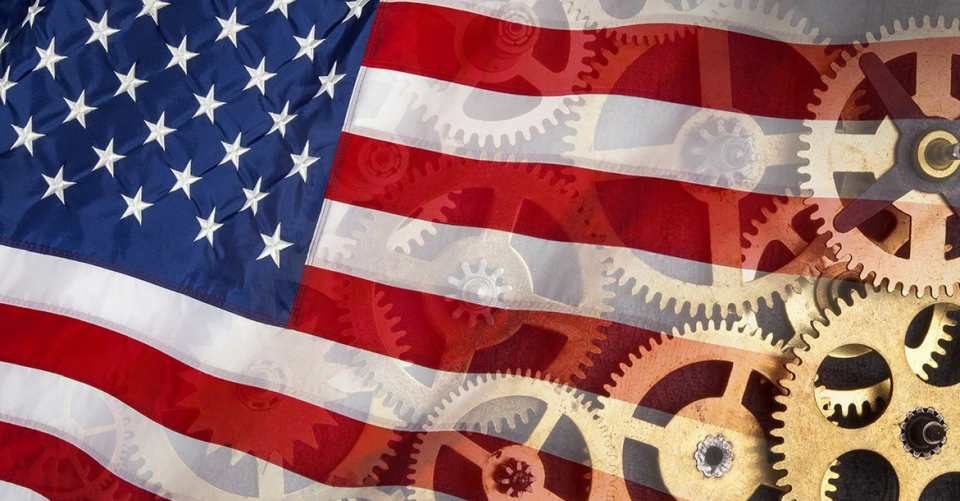Retail Industry Grows Despite COVID-19 Supply Chain Challenges
SAP Highlights Products for Retailers
Meet the Authors
Despite the recent surge in COVID-19 cases and supply chain disruptions, the retail industry grew a robust 14.1% during November and December to $886.7 billion, according to the National Retail Federation (NRF).
The strong growth encouraged NRF to hold its annual conference in person at the Javits Convention Center in New York this week. The trade group only expects 15,000 attendees this year, down from around 40,000 attendees in pre-COVID years.
SAP, which decided not to exhibit in person, is holding virtual events during the NRF conference.
SAP is highlighting several of its products designed to help retailers cope with market challenges and meet their digital transformation goals.
The company recently updated its SAP Assortment Planning to provide customer data science, assortment strategies, business rules, and artificial intelligence capabilities, which will help category managers plan localized assortments focused on user experiences. SAP said that customer-centric, relevant assortments increase customer loyalty, boost profitability, and support a more sustainable supply chain.
Last year, SAP launched its SAP Intelligence Management solution, which optimizes the returns process for retailers. The product uses artificial intelligence-based routing and dispositioning decisions to manage returns from consumers to the final dispositioning steps. SAP explains that it is designed to improve the customer’s experience, boosting the retailer’s margins while minimizing waste, according to SAP.
SAP.iO Foundries Program
In addition, SAP is showcasing technology developed by participants in its SAP.iO Foundries startup program that will benefit the retail industry, such as:
- Algramo offers a circular platform that encourages consumers to buy products that generate zero waste and connects people, brands, and retailers;
- EcoCart provides a platform that enables e-commerce brands to offer carbon-neutral products;
- Everledger leverages blockchain and the Internet of Things to provide transparency into supply chains for clarity on quality, origin, sustainability footprint, and compliance standards;
- EVRYTHNG enables companies to run their businesses with data intelligence from each of their products end to end, from factory to consumer;
- Inspectorio is a dynamic and risk-assessment-based quality compliance program that provides customers digitalization, automation, transparency, and traceability;
- LimeLoop provides a platform for sustainable shipping, including reusable packaging, real-time tracking, and predictive analytics; and
- Specright offers a platform for specification management that manages how brands, suppliers, manufacturers, and retailers manage data and collaborate to bring products to market.
These products and services will help the retail industry achieve its sustainability goals, SAP said.
According to IDC research, retail organizations report that changing environmental targets and regulations will have the most significant impact on their digital transformation and tech investment plans in the next two years. Further, a majority of retail organizations in all regions — 80% (Asia Pacific), 59% (United States), and 64% (Europe, the Middle, and Africa) — agree that their digital technology strategy is an essential enabler of their organization’s broader sustainability efforts.
“Brand equity, data security, and sustainability credentials have become increasingly important to generate customer loyalty and trust. To be successful, retailers need to embrace digital transformation in everything they do, prioritizing data visibility and data-driven process automation,” says Leslie Hand, Group Vice President, IDC Retail and Financial Insights.








